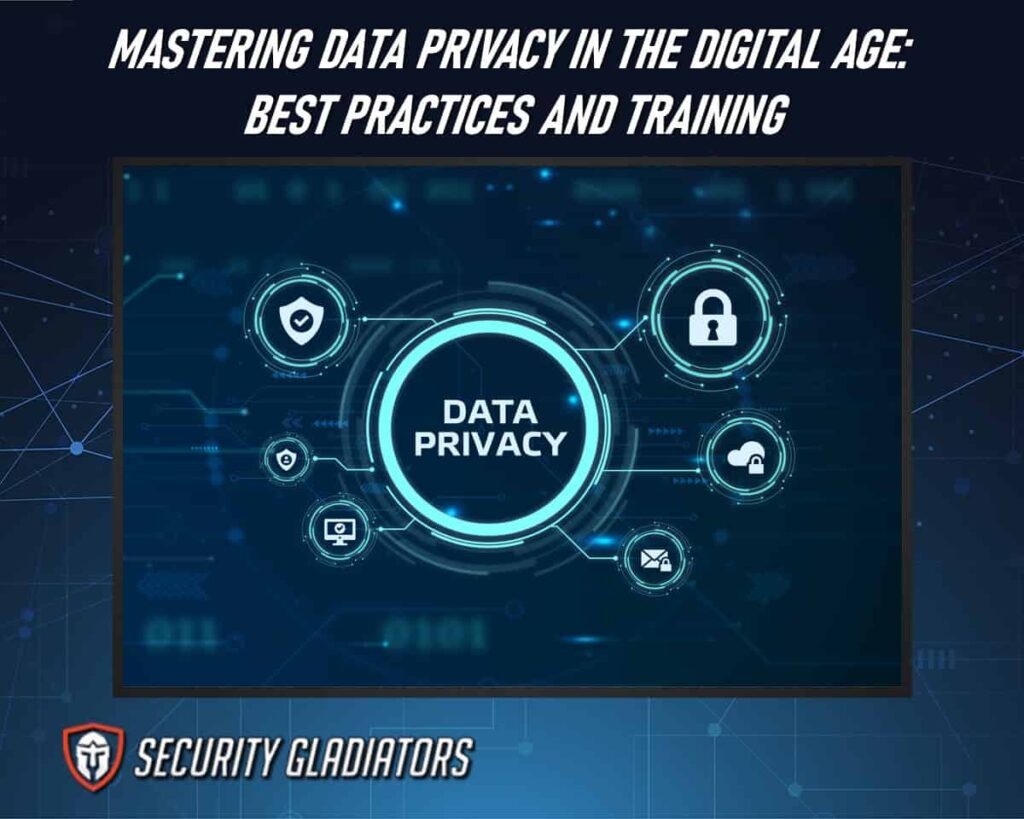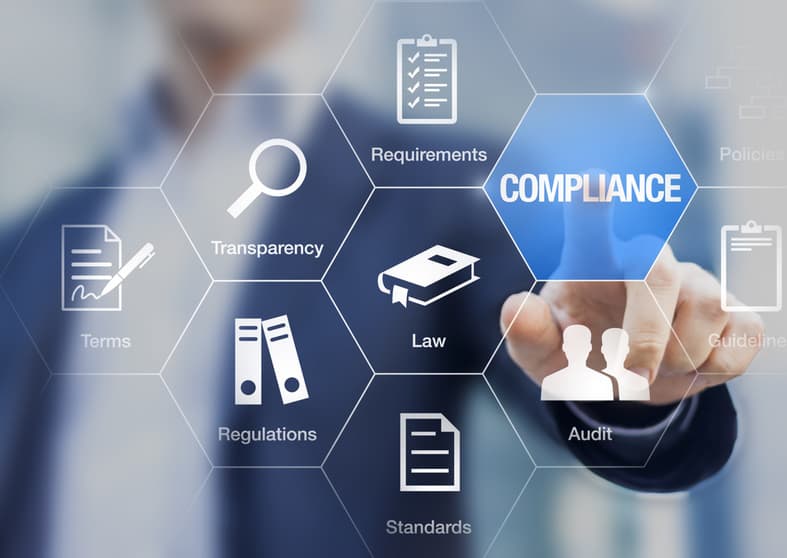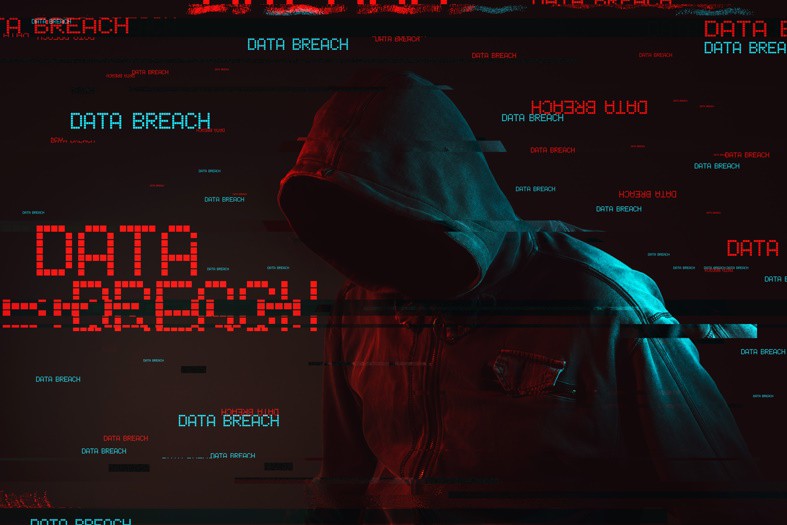
Table of Contents
What Is Data Privacy
Data privacy refers to the safeguarding and protection of personal information, ensuring that individuals have control over their data and preventing unauthorized access or use. It encompasses the best practices and training necessary to uphold the confidentiality, integrity, and availability of personal data. With the increasing reliance on technology and digital platforms, data privacy has become a critical concern for organizations and individuals alike. Privacy laws have been enacted in various jurisdictions to regulate the collection, storage, processing, and sharing of personal information. Adhering to these laws is essential to maintain trust with customers and stakeholders while mitigating potential risks associated with data breaches or misuse.
The Importance of Data Privacy
Here are several key reasons why data privacy is of paramount importance:
Protection of Personal Information
Data privacy ensures that individuals’ personal information, such as their names, addresses, social security numbers, and financial details, remains confidential and secure. Without robust data privacy measures, this information can be vulnerable to theft, identity fraud, and misuse.
Enhanced Trust and Reputation
Organizations that prioritize data privacy build trust with their customers, clients, and stakeholders. When individuals trust that their data is handled with care, they are more likely to engage with and support a business or institution.
Legal and Regulatory Compliance
Numerous laws and regulations, such as the General Data Protection Regulation (GDPR) in Europe and the Health Insurance Portability and Accountability Act (HIPAA) in the United States, require organizations to protect the privacy of personal data. Non-compliance can result in significant fines and legal repercussions.

Preventing Data Breaches
Data breaches can be financially devastating and lead to reputational damage. Effective data privacy measures help prevent breaches by safeguarding data from unauthorized access or disclosure.
Ethical Considerations
Respecting the privacy of individuals is an ethical imperative. Organizations and individuals alike have a responsibility to treat personal information with respect and fairness.
Competitive Advantage
Companies that excel in data privacy can gain a competitive advantage. Consumers are increasingly selective about the businesses they support, and a strong commitment to data privacy can set an organization apart from its competitors.
What Is Data Breach
A data breach refers to the unauthorized access or exposure of sensitive information, which can result in significant financial losses, reputational damage, and legal consequences for organizations. It occurs when an individual or entity gains access to confidential or personal information without permission. Data breaches can occur due to various reasons, including cyber attacks, system vulnerabilities, human error, or even malicious insiders. Organizations that fail to implement robust data privacy best practices are more susceptible to such breaches.

What Are the Risks of Data Breaches and Leaks
In the digital age, where data privacy is of utmost importance, organizations must be vigilant in implementing best practices and training to ensure the security of their data.
The following are key risks that arise from data breaches and leaks:
Financial Losses
Data breaches can result in direct financial losses due to the costs of remediation, investigation, and notification to affected individuals. Organizations may also face fines and penalties for non-compliance with data protection regulations.
Reputational Damage
When sensitive information is exposed or leaked, an organization’s reputation can suffer greatly. Customers may lose trust in the organization’s ability to protect their personal information, leading to a loss of business.
Legal Consequences
Data breaches can have legal implications depending on the nature of the breach and applicable laws. Organizations may face lawsuits from affected individuals seeking compensation for damages resulting from the breach.
Misuse of Data
Once sensitive information is accessed by unauthorized parties, it can be misused for various purposes such as identity theft or fraud. This puts individuals at risk and further damages an organization’s reputation.
Note:
To prevent data breaches, organizations should employ comprehensive security measures such as encryption techniques, firewalls, intrusion detection systems, and regular vulnerability assessments. Additionally, organizations must prioritize employee training and awareness programs on data privacy and security protocols.Tips for Enhancing Privacy Data Privacy Practices
Here are some tips to help individuals and organizations improve their data privacy practices:
Educate and Train Employees
Ensure that all employees are well-informed about data privacy regulations, policies, and best data practices. Regular training and awareness programs can help reinforce the importance of data privacy.

Implement Strong Access Controls
Restrict access to sensitive data to only those who need it for their roles. Use role-based access controls and multi-factor authentication to enhance security.
Encrypt Data
Encryption scrambles data so that even if it’s intercepted or stolen, it remains unreadable without the proper decryption key.
Regularly Update and Patch Systems
Keep all software, operating systems, and applications up-to-date with security patches. Vulnerabilities in outdated software can be exploited by attackers.
Use Privacy by Design Principles
Incorporate data privacy considerations into the design and development of products and services from the outset. These principles protect data and minimize the risk of privacy issues down the line.
Conduct Privacy Impact Assessments (PIAs)
PIAs help identify and mitigate privacy risks associated with new projects or processes. They are particularly useful when implementing new technologies or collecting new types of data.
Regulations for Data Privacy Compliance
Data privacy laws play a vital role in ensuring compliance with data privacy standards and maintaining the security of personal information. To effectively adhere to these regulations, organizations should implement best practices and provide comprehensive training to their employees.
Some key regulations for data privacy compliance include:
General Data Protection Regulation (GDPR)
This regulation applies to all companies that collect or process the personal data of EU citizens, regardless of their location. It emphasizes the rights of individuals and imposes strict requirements on organizations for obtaining consent, handling breaches, and providing transparent privacy policies.
California Consumer Privacy Act (CCPA)
Enacted in 2018, this regulation tends to protect consumer data for California residents. It requires businesses to disclose the types of data collected, allow consumers to opt out of data sales, and ensure appropriate security measures are in place.
Health Insurance Portability and Accountability Act (HIPAA)
HIPAA regulates the use and disclosure of protected health information by healthcare providers, health plans, and other covered entities. It establishes standards for safeguarding electronic health records and requires entities to maintain strict confidentiality.
Payment Card Industry Data Security Standard (PCI DSS)
This standard applies to organizations that handle credit card transactions. It outlines requirements for securing payment card data during storage, processing, transmission, and disposal.
Online Cybersecurity Courses Focused on Data Privacy and Compliance
Here are some reputable courses and programs that can earn you a graduate certificate in cyber security online:
Certified Information Systems Security Professional (CISSP)
Offered by (ISC)², CISSP is a globally recognized certification that covers various aspects of information security, including data privacy and compliance.
Certified Information Privacy Professional (CIPP) by the International Association of Privacy Professionals (IAPP)
The CIPP certification offers different concentrations, such as CIPP/US (focused on U.S. privacy laws) and CIPP/E (focused on European privacy laws).
Certified Information Privacy Manager (CIPM) by IAPP
This certification focuses on privacy program management and governance.
Certified Information Privacy Technologist (CIPT) by IAPP
This certification is designed for IT professionals who want to specialize in data privacy and technology.
Privacy Engineering Certification by the IAPP
This program focuses on the integration of privacy practices into the design and development of products and services.
Frequently Asked Questions
How Can Individuals Protect Their Personal Data From Being Breached or Leaked?
To protect personal data from breaches or leaks, individuals can take several measures. These include using strong and unique passwords, enabling two-factor authentication, being cautious of phishing attempts, regularly updating software and devices, and being mindful of sharing sensitive information online.
What Are Some Common Signs or Indicators of a Data Breach?
Common signs or indicators of a data breach include unusual network activity, unauthorized access to sensitive information, changes in user behavior, unexpected system crashes or errors, and the presence of unfamiliar files or software.
Are There Any Emerging Technologies or Solutions That Can Help Enhance Data Privacy Practices?
Emerging technologies and solutions are being developed to enhance data privacy practices. These include techniques like differential privacy, federated learning, homomorphic encryption, blockchain technology, and artificial intelligence for data anonymization and protection.
Conclusion
Data privacy is an ongoing concern that requires constant vigilance from individuals and organizations alike. By implementing best practices for protecting sensitive information, reinforcing compliance with relevant regulations, and investing in continuous education on data privacy matters, it is possible to mitigate the risks associated with breaches or leaks of confidential information. Ensuring that proper data management practices when handling personal or corporate data will not only safeguard against potential harm but also help build trust among stakeholders.

